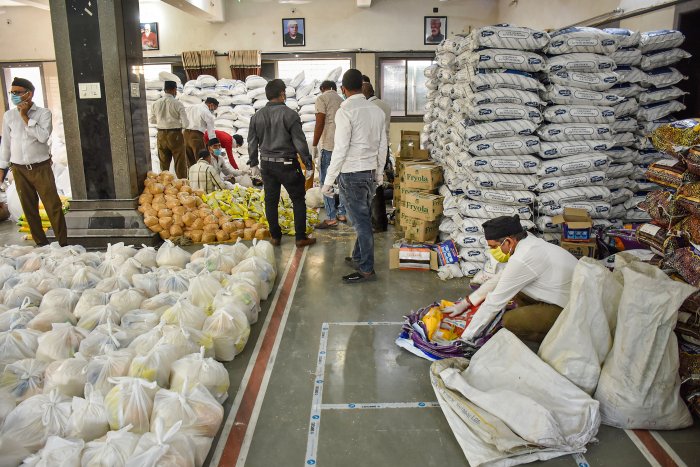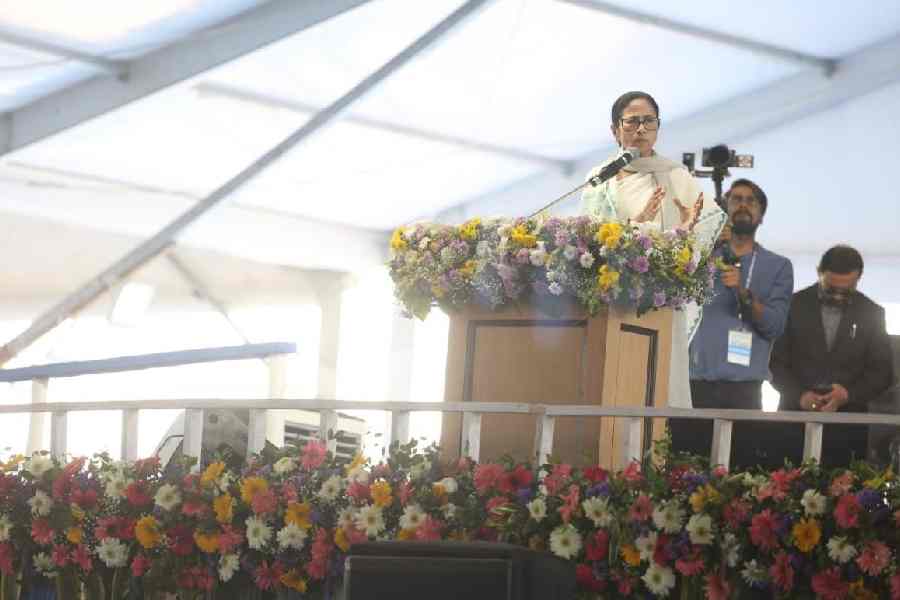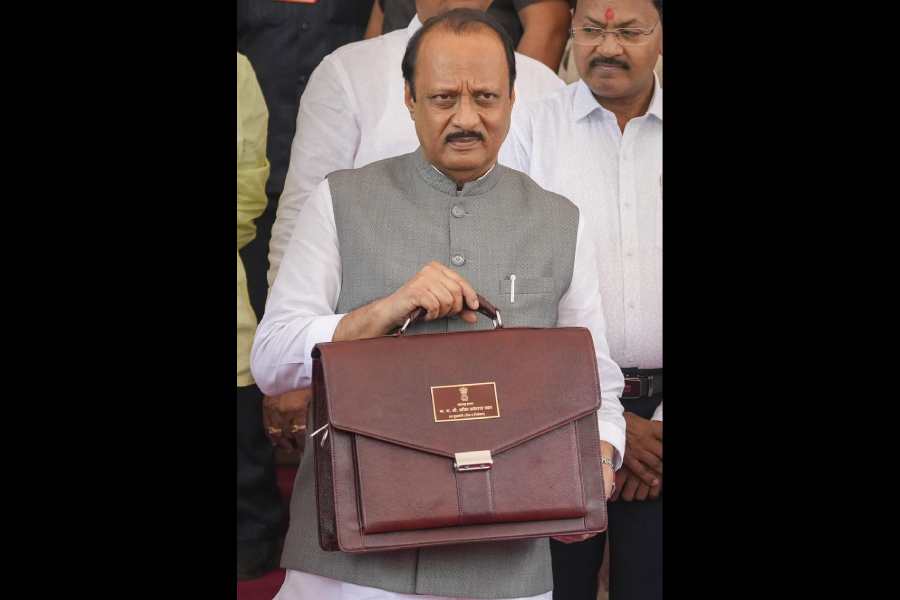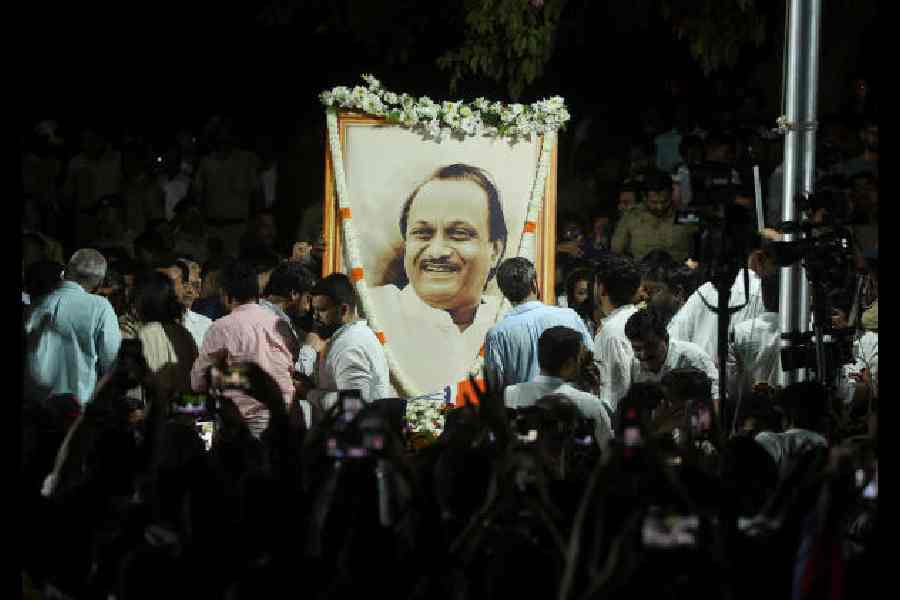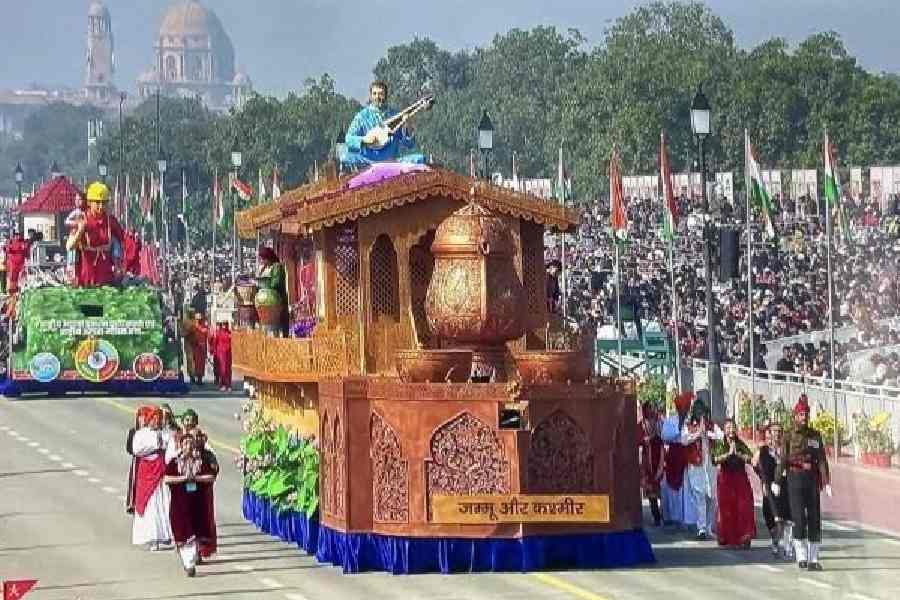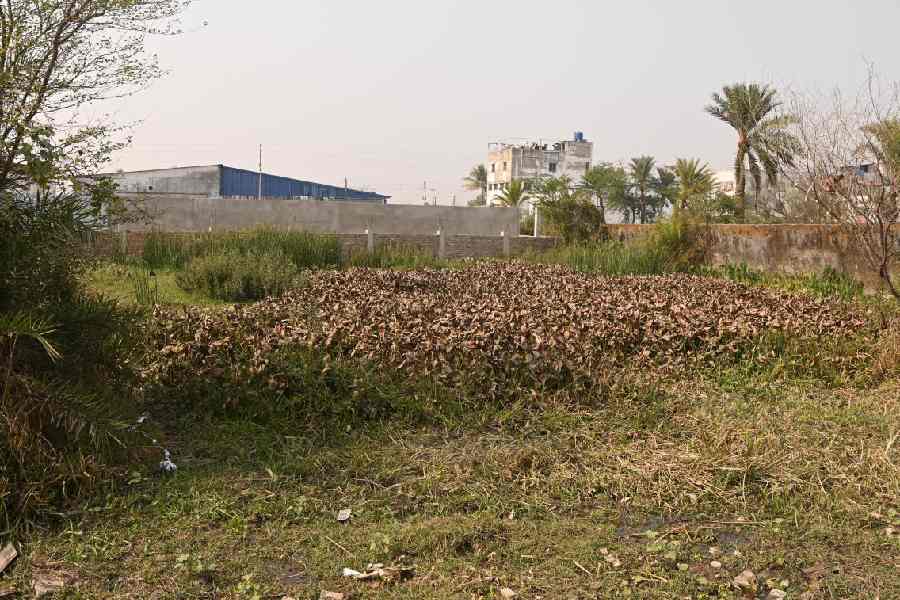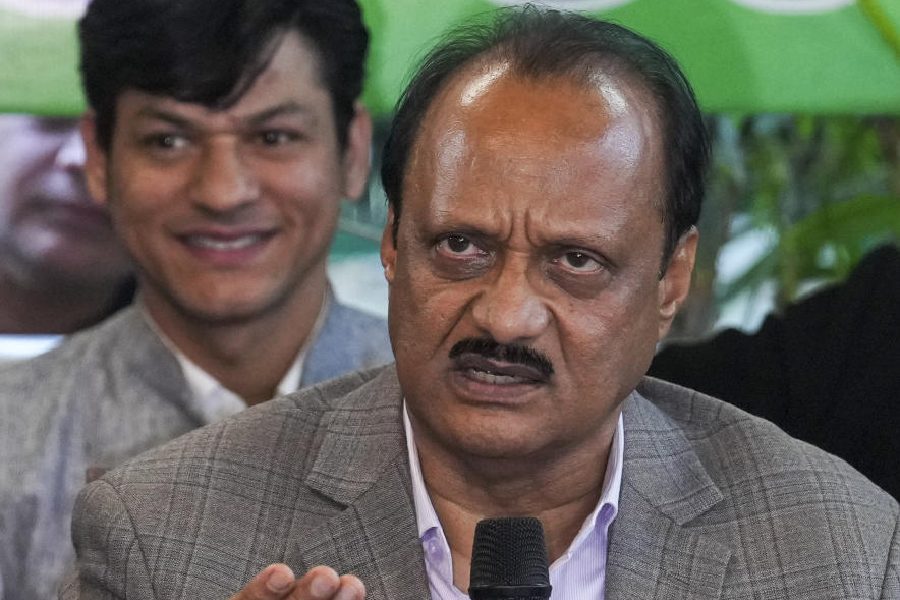The author advances her arguments on the basis of her research in two cases: the Odisha super cyclone in 1999 and the Bhuj earthquake of 2001. Based on her fieldwork in Cuttack, Bhubaneswar, Erasama and Tirtol blocks in Odisha’s Jagatsinghpur, and Bhuj, Anjar and Nakhatrana blocks of Kutch, she argues that “disasters offer politico-cultural organizations like the RSS a creative entry point to undertake a creative form of mobilization by engaging with a range of stakeholders such as community, donors, partner organizations and the State.” She further claims that the sangh parivar’s work is part of a “complex inter-play of religion-culture-politics”. No one would challenge this formulation.
What is intriguing is her observation that scholars have not been able to figure out what the RSS is up to or how it operates. Scholarly research, most of which she has alluded to, has, in fact, grasped the strategy and the ultimate political goal of the RSS. There is a need to make sense of the seva that the RSS indulges in. This is because the reach and the patronage notwithstanding, its ideological commitment remains majoritarian. This is borne out by the fact that there is little evidence of this seva benefiting non-Hindu faiths, particularly Muslims. This was apparent during the Odisha super cyclone, the Gujarat carnage in 2002 as well as the Delhi riot in 2020. Did Mohan Bhagwat walk the bylanes of Delhi where hundreds of victims were in need of assistance?
All in all, Bhattacharjee’s book offers interesting insights into the workings of an organization that would dictate the future of Indian politics for many years to come.
Strangely, secular scholars and politically-conscious citizens have interpreted the defeats of the Bharatiya Janata Party in a few state elections as a retreat of the menace of majoritarianism. The fact remains that in spite of the shrinking of the saffron presence on India’s political map owing to electoral reversals in Maharashtra, Delhi and Jharkhand, the BJP is still the most dominant political force in India. It is also a major Opposition force in Rajasthan, Odisha and West Bengal. In this context, Malini Bhattacharjee’s suggestion is that the BJP and its ideological mentor, the Rashtriya Swayamsevak Sangh, which have given India two prime ministers — Atal Bihari Vajpayee and Narendra Modi — ought to be studied carefully. Scholars of Indian democracy have done a great disservice to the world of knowledge by choosing not to do so.
Bhattacharjee’s book is the fruit of her doctoral research, which, interestingly, is a major departure from the works of other scholars. This is because Bhattacharjee examines the philanthropic activities of the RSS, which presents itself as a cultural organization but is deeply involved in power politics and nation-building from a Hindutva perspective.
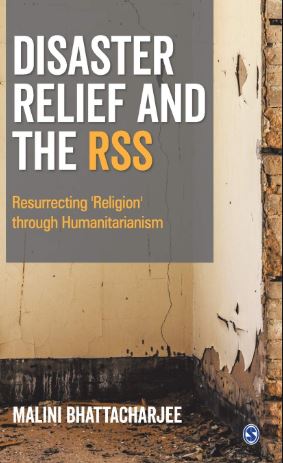
Disaster Relief and The RSS: Resurrecting ‘Religion’ Through Humanitarianism, by Malini Bhattacharjee, Sage, Rs 850 Amazon

